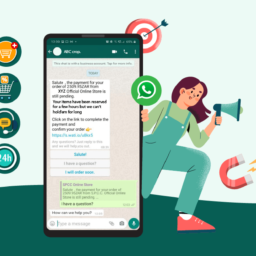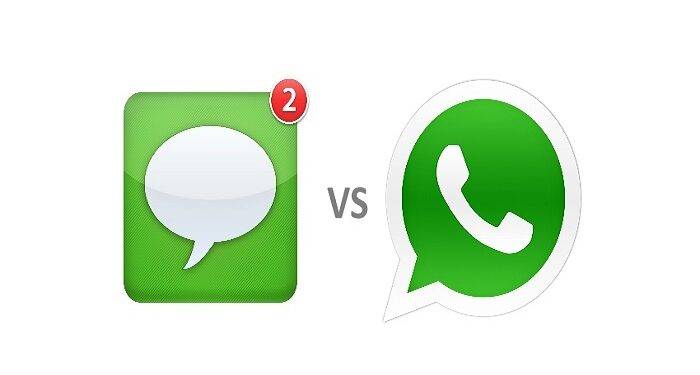
SMS Vs WhatsApp Marketing : Which One Is Better?
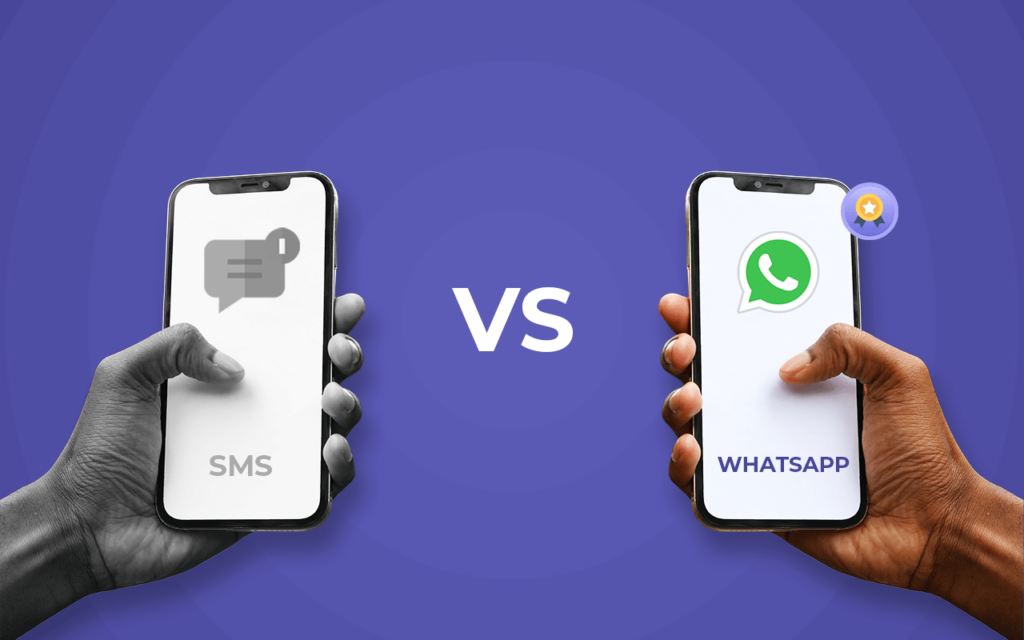
The primary distinction between SMS Marketing and WhatsApp Marketing is that the former is dependent on carriers and cellular networks to send text messages. WhatsApp, on the other hand, necessitates the use of an internet connection in order to send messages.
We all use our phones far too much. That’s why smart marketers are putting more money into mobile marketing.
WhatsApp and SMS are two of the most common examples.
Text marketing, often known as SMS marketing, is a text message-based marketing strategy that has grown in popularity in recent years as consumers spend more time on their phones.
The most popular mobile messaging platform is WhatsApp (like Facebook Messenger and Instagram messages). Because it’s new, it’s sparked a lot of curiosity recently.
What is SMS Marketing?
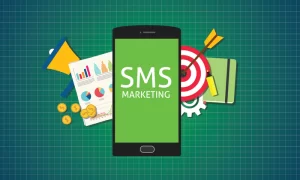
SMS, which stands for Short Message Service, is a type of text messaging that is used by consumers all over the world. Though SMS was invented as early as the 1980s, it wasn’t until the 1990s that it really took off.
It didn’t take long for businesses to recognise the potential of SMS and include it as part of their overall marketing strategy after it was first used by consumers to chat and keep in touch with one another.
Advantages of SMS Marketing
So, what’s the big deal about SMS marketing?
Utilization of Cellular Networks
One of the most significant advantages of SMS marketing is that it uses cellphone networks rather than data packs or internet connections.
This ensures that SMS marketing texts will still be delivered even if internet connections are intermittent.
There’s no need for a smartphone.
Despite the fact that cellphones have become an integral part of most consumers’ everyday lives, there are still a substantial number of people who do not own one.
There’s no need for an additional app.
Unlike WhatsApp Messenger or the free WhatsApp Business app, SMS does not require the installation of a third-party software.
What is WhatsApp marketing?
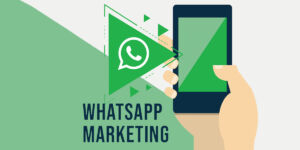
Top 5 WhatsApp Marketing Trends To Watch Out In 2022
WhatsApp marketing is still very new in comparison to SMS marketing.
The notion was born after the 2009 introduction of WhatsApp Messenger, and the official Business app was first released in 2018.
WhatsApp has been a huge success story for both consumers and businesses, despite its very brief existence.
It is now used by billions of people around the world and is the default text-based messaging choice for many brands. Only two years after its inception, the company announced that its free WhatsApp Business app had 50 million monthly active businesses around the world as of July 2020.
Consider some of the most significant advantages of WhatsApp marketing versus SMS marketing.
Advantages of WhatsApp marketing
Optional Multimedia Messaging
WhatsApp is much more than a text-based communication platform.
For starters, users can utilise emoticons to spice up their texts. They can even send stickers and GIFs to better illustrate their mood if that isn’t enough.
WhatsApp goes much farther by allowing the sending of rich media files such as audio (both voice messages and audio files) and video files. These are very useful for organisations that need to provide a 360-degree perspective of their product, and they are unquestionably one of the benefits having a WhatsApp Business account.
WhatsApp Encrypted Messages
WhatsApp marketing’s encryption is one of its most appealing features.
All WhatsApp conversations, including those sent to and from corporate accounts, are end-to-end encrypted, according to their website. This implies that only the senders and recipients of a message can read (or listen to) it; WhatsApp itself cannot decode and read your messages.
This is a critical feature for both organisations and customers because it protects sensitive information such as billing information, addresses, and more.
Additionally, one of WhatsApp’s most recent features, released in 2021, is vanishing messages. Users can use this to deliver media files that the recipient can only see once (at his or her leisure) before being removed.
All WhatsApp conversations, including those sent to and from corporate accounts, are end-to-end encrypted, according to their website. This implies that only the senders and recipients of a message can read (or listen to) it; WhatsApp itself cannot decode and read your messages.
Additional Integrations
WhatsApp marketing also has visual connectors with other popular apps like Instagram, YouTube, and Netflix, which are unique to WhatsApp marketing.
When you share Instagram material on WhatsApp, for example, the complete post appears in the WhatsApp chat rather than just the link. This means that recipients of this message can immediately read and enjoy it without having to exit WhatsApp and go to Instagram or a web browser.
Similarly, there are built-in players for Netflix and YouTube in WhatsApp, allowing videos from these sources to be shared and watched within the app.
Softwares for WhatsApp Marketing
Now that we’ve discussed the benefits and drawbacks of SMS and WhatsApp marketing, the next step is to consider which software to use to carry out your text-based marketing campaigns.
The good news is that SMS and WhatsApp marketing don’t have to be mutually incompatible. As a result, you can easily accomplish both.
If you just want to undertake one, you’ll have to consider the benefits and drawbacks of each, as well as how they fit into your business needs.
Our general recommendation is that WhatsApp marketing is the superior alternative unless the advantages of SMS marketing are a deal breaker. That’s because it can do everything SMS marketing can and more. what’s the best way to communicate with your customers?
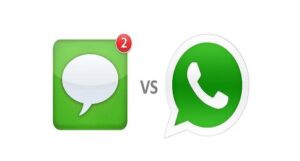
Choosing between SMS and WhatsApp for your brand is mostly determined by your company’s specific requirements.
WhatsApp, which is popular in Europe, may be a valuable tool for reaching out to clients if your company operates there.
However, there is one major reason we recommend SMS: it is nearly universally used.
Whizard API is a certified WhatsApp Business Service Provider (BSP) that can help you not only acquire access to the WhatsApp API, but also walk you through the whole setup process and answer any questions you might have.


